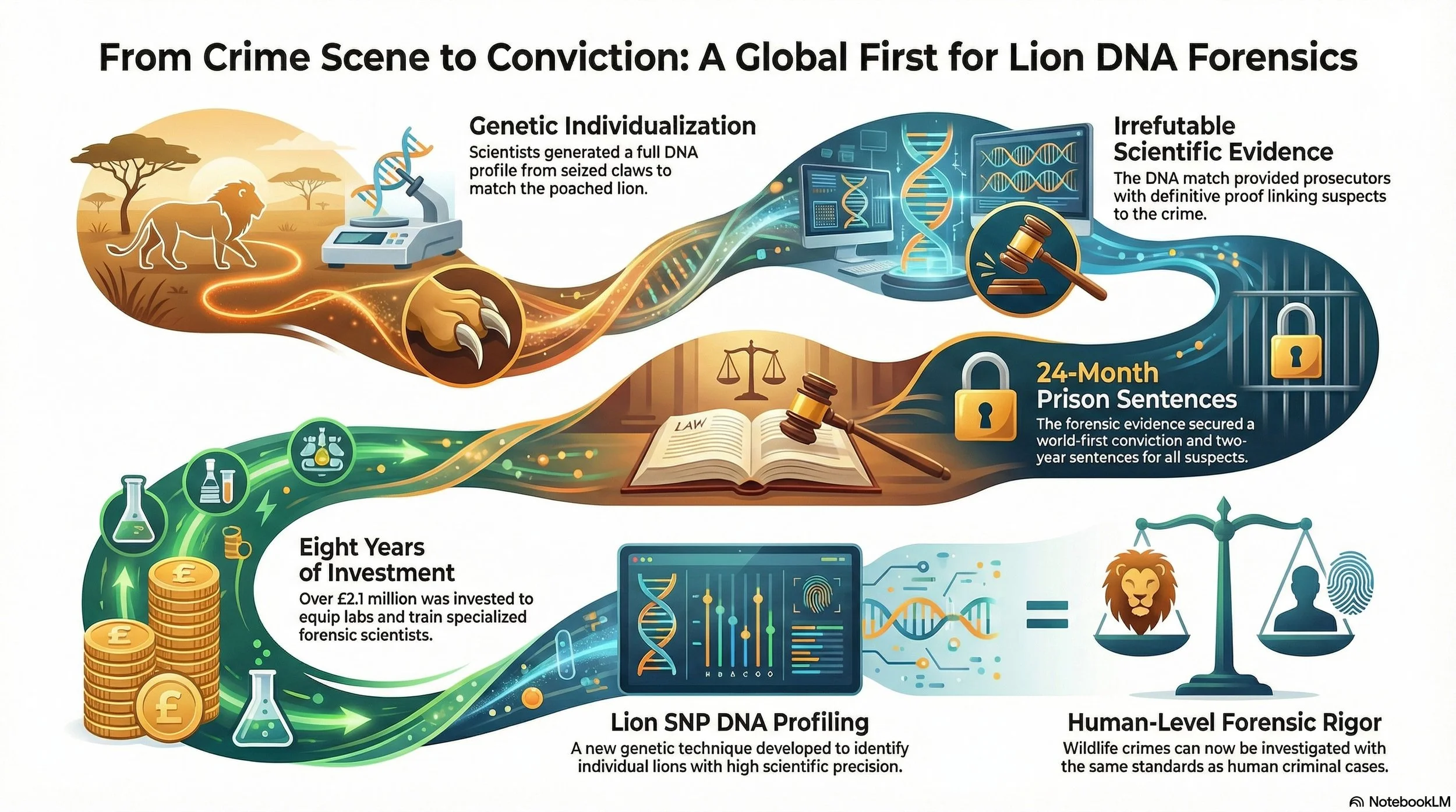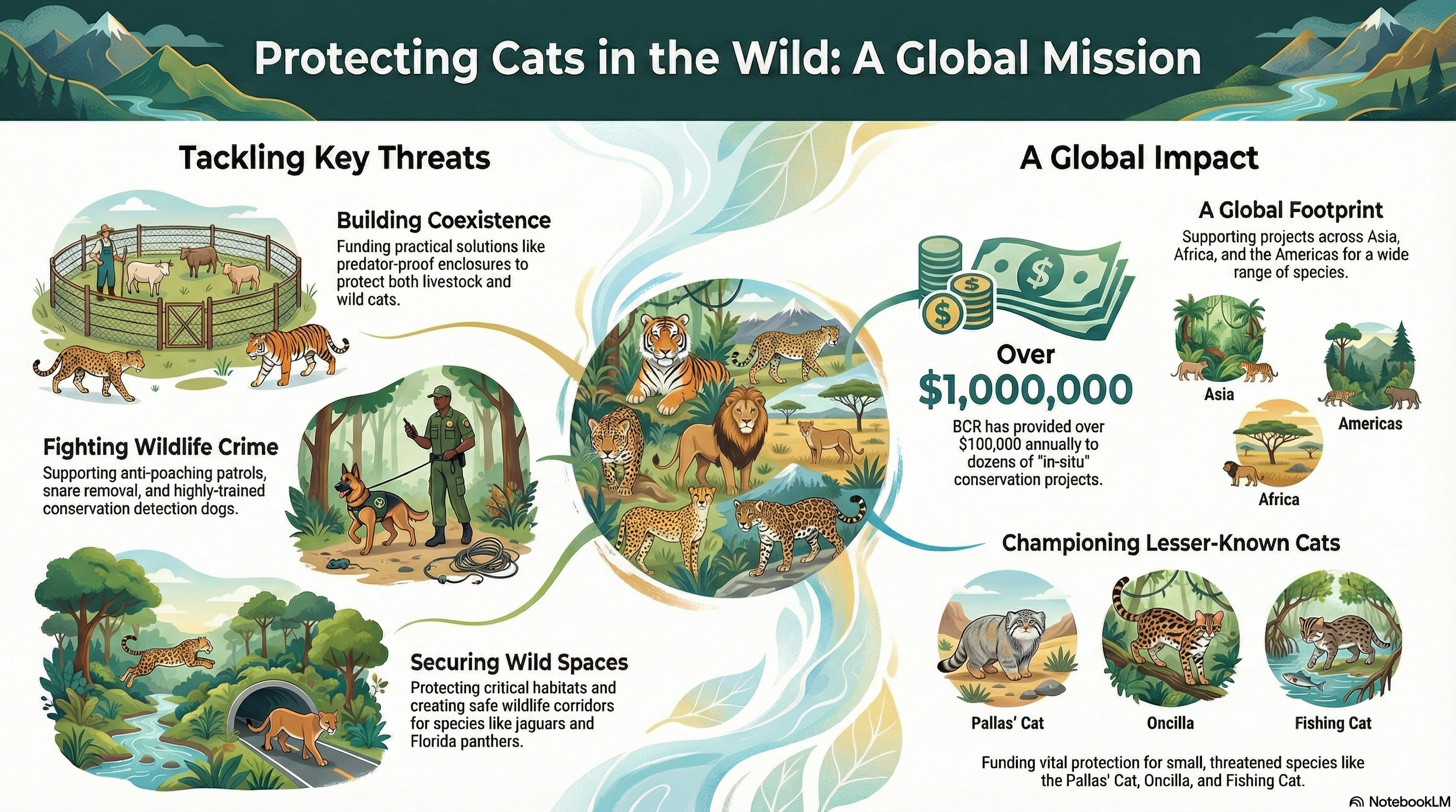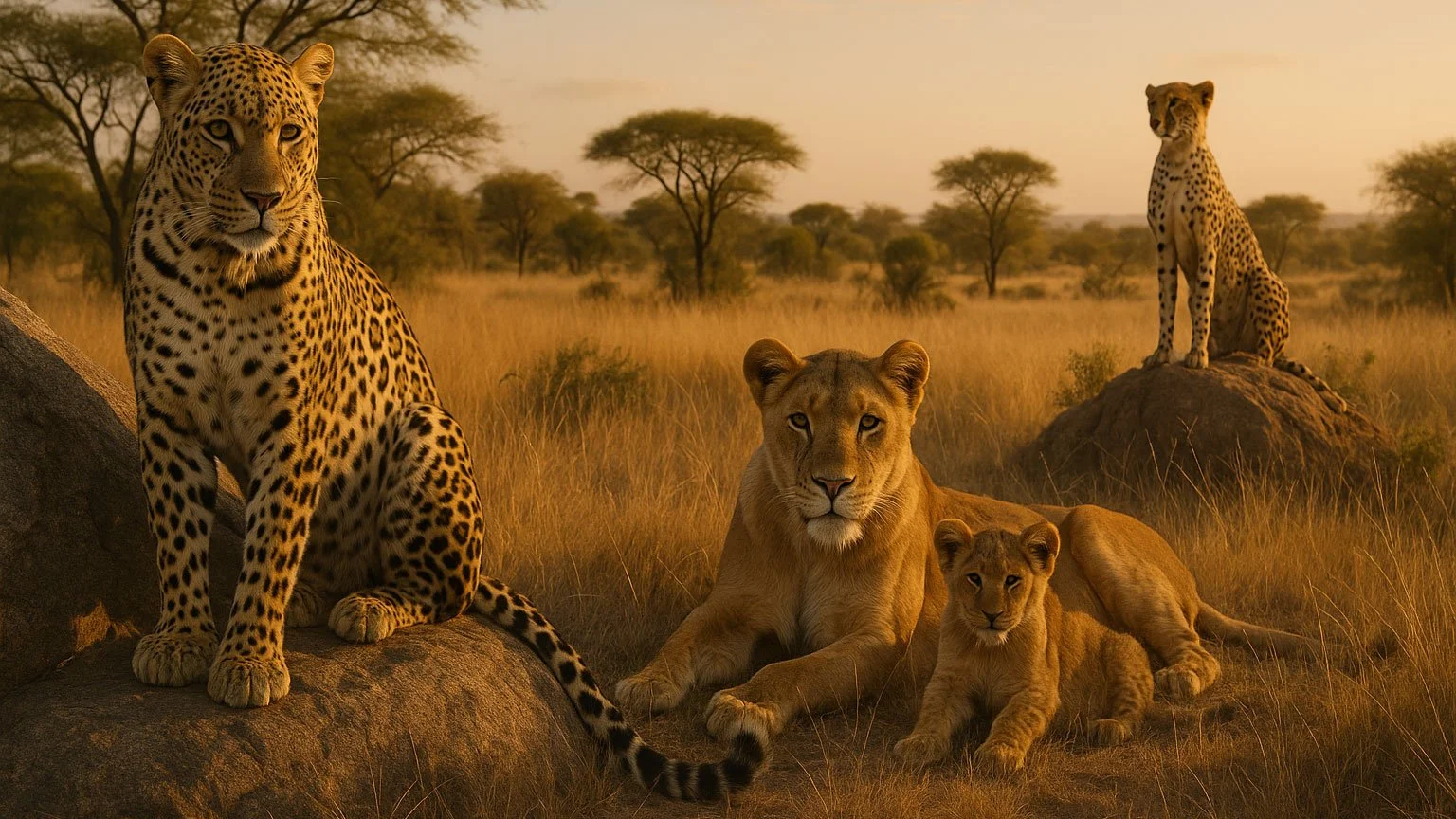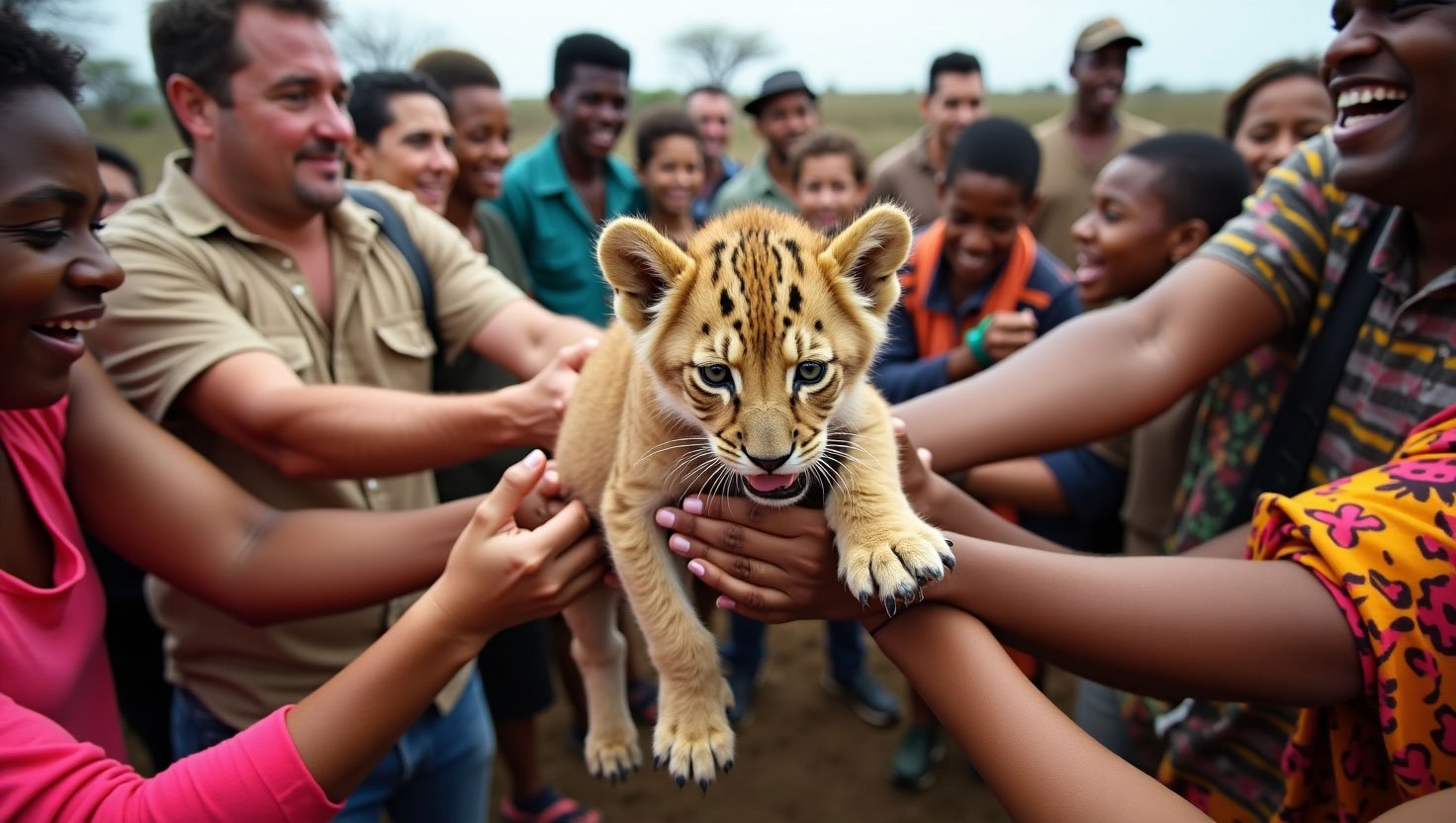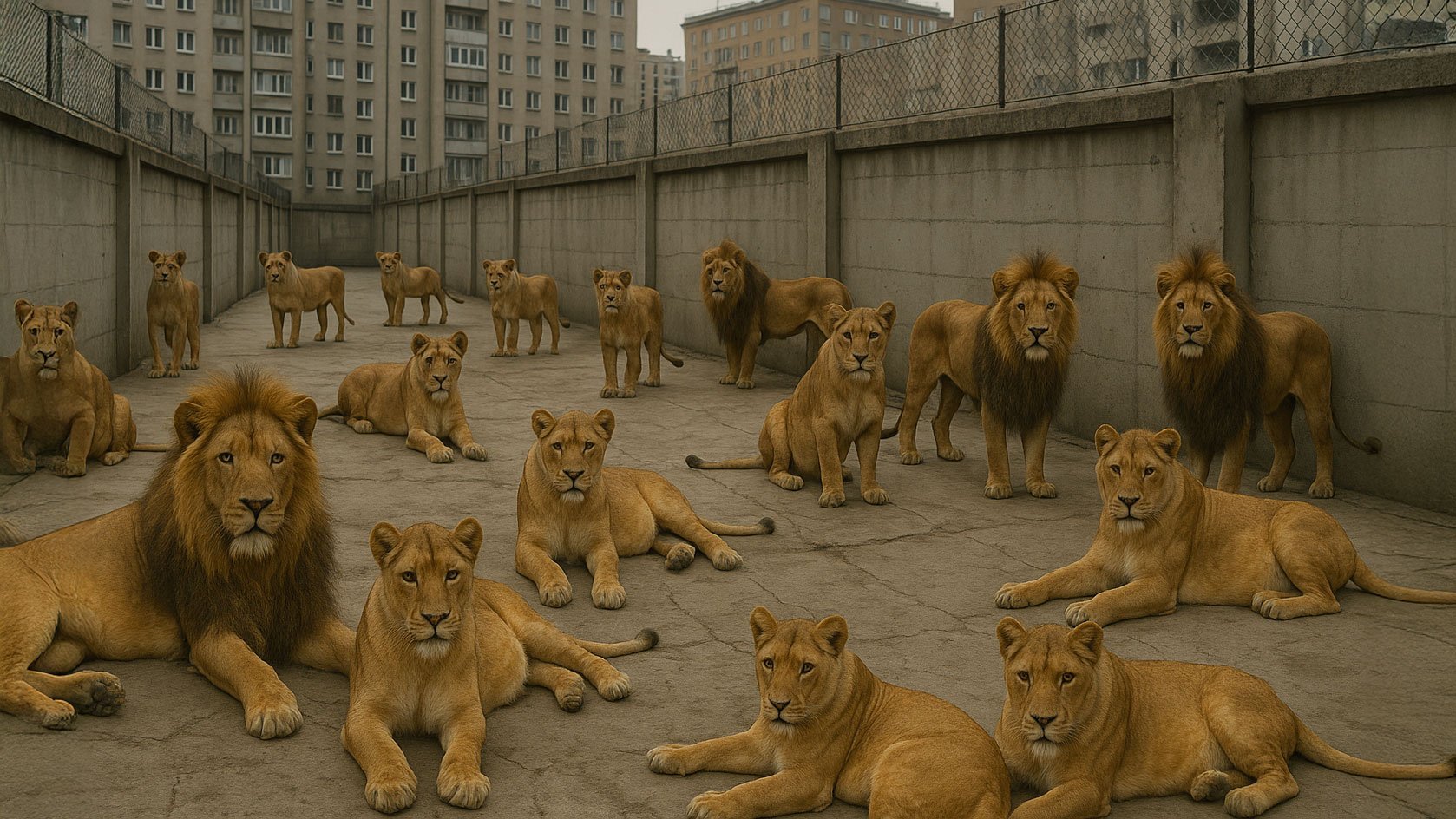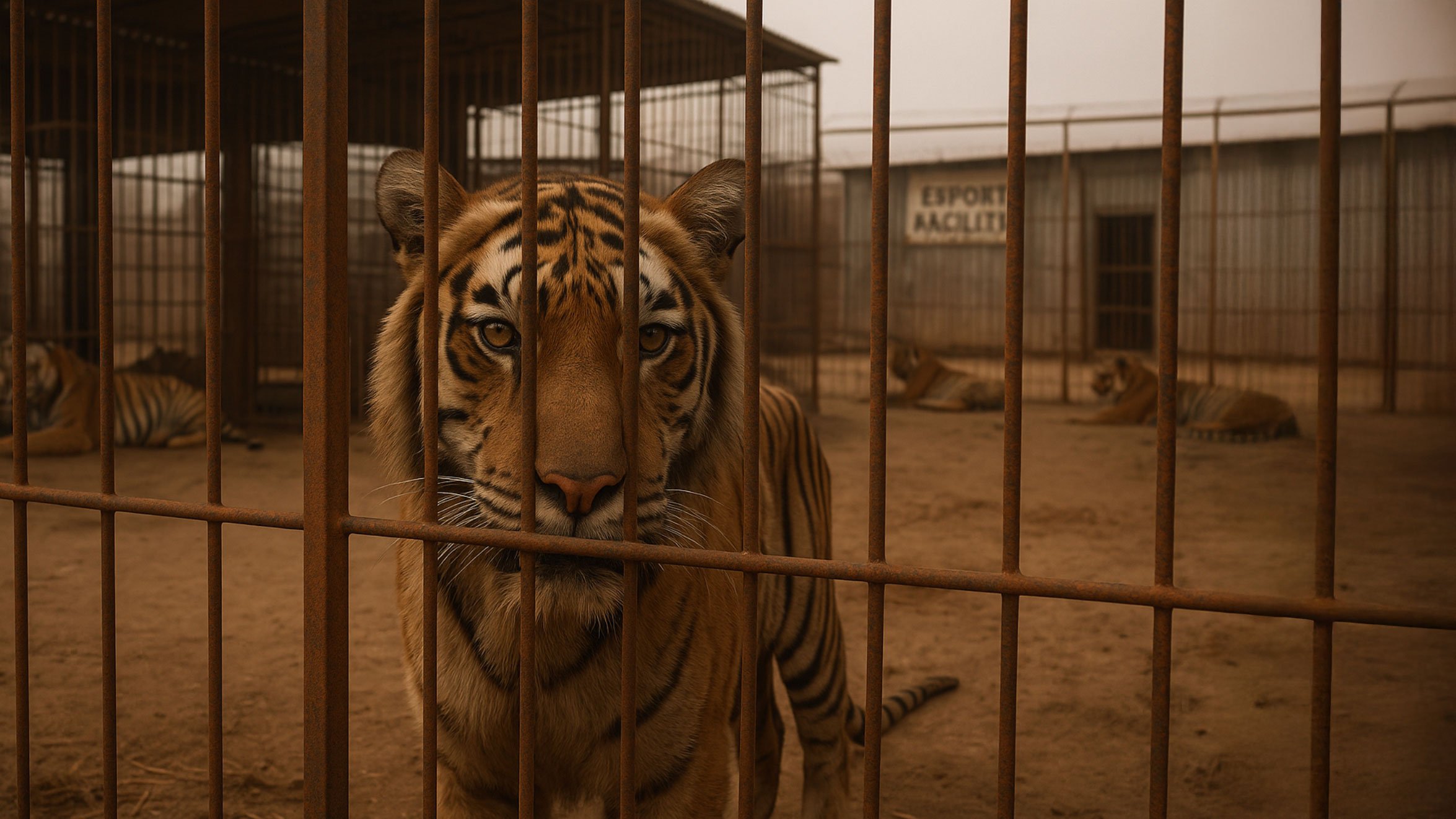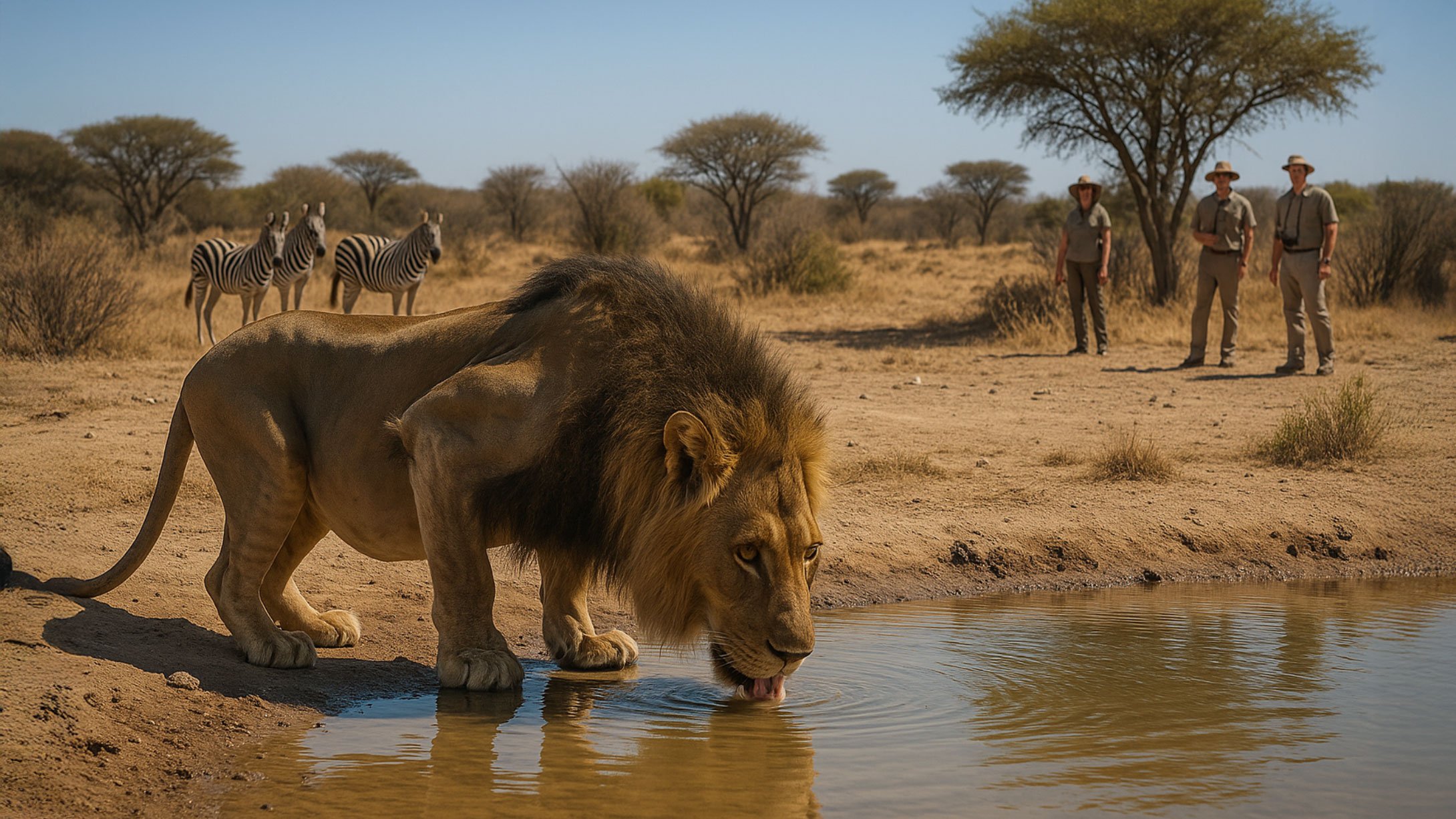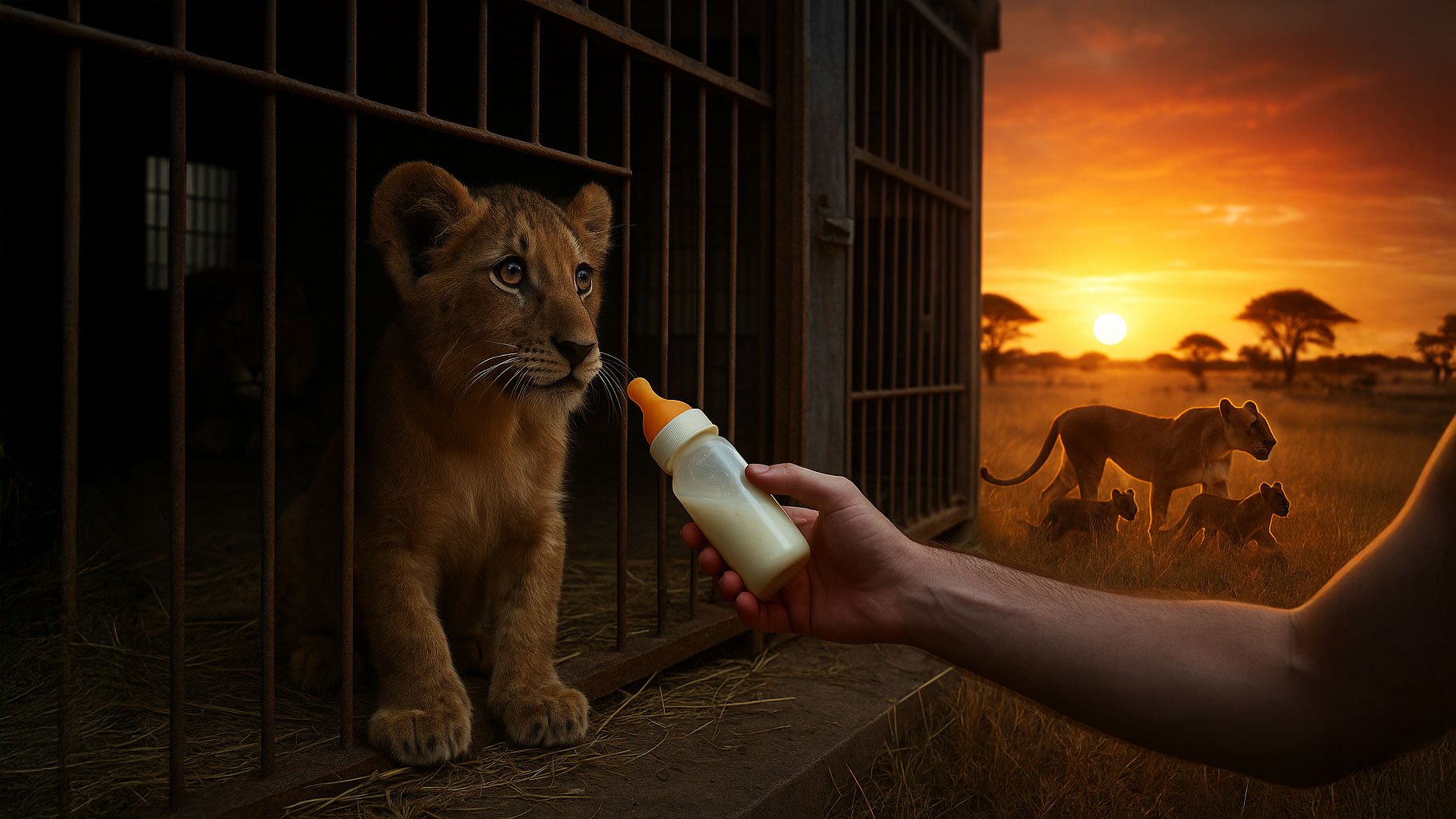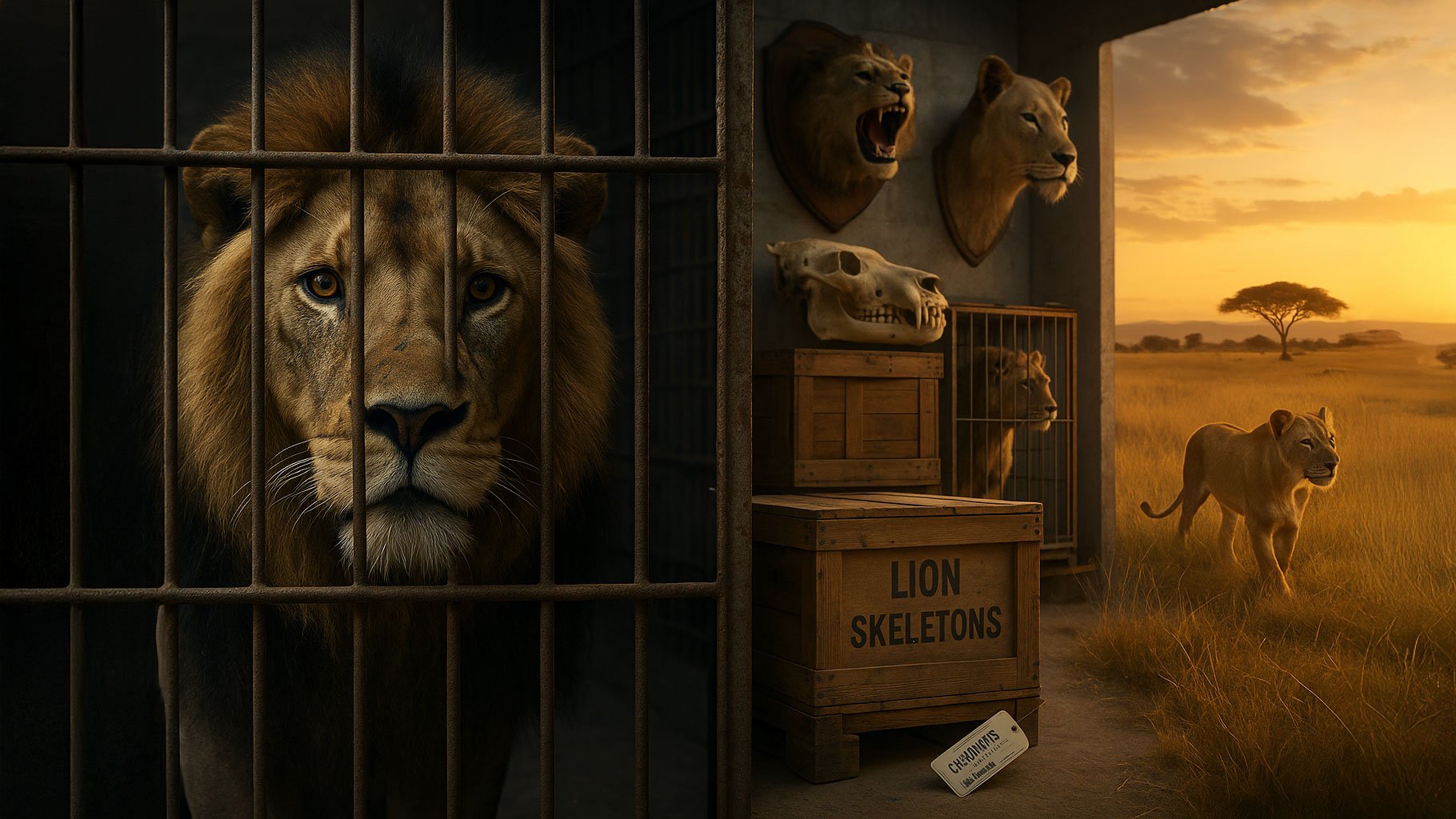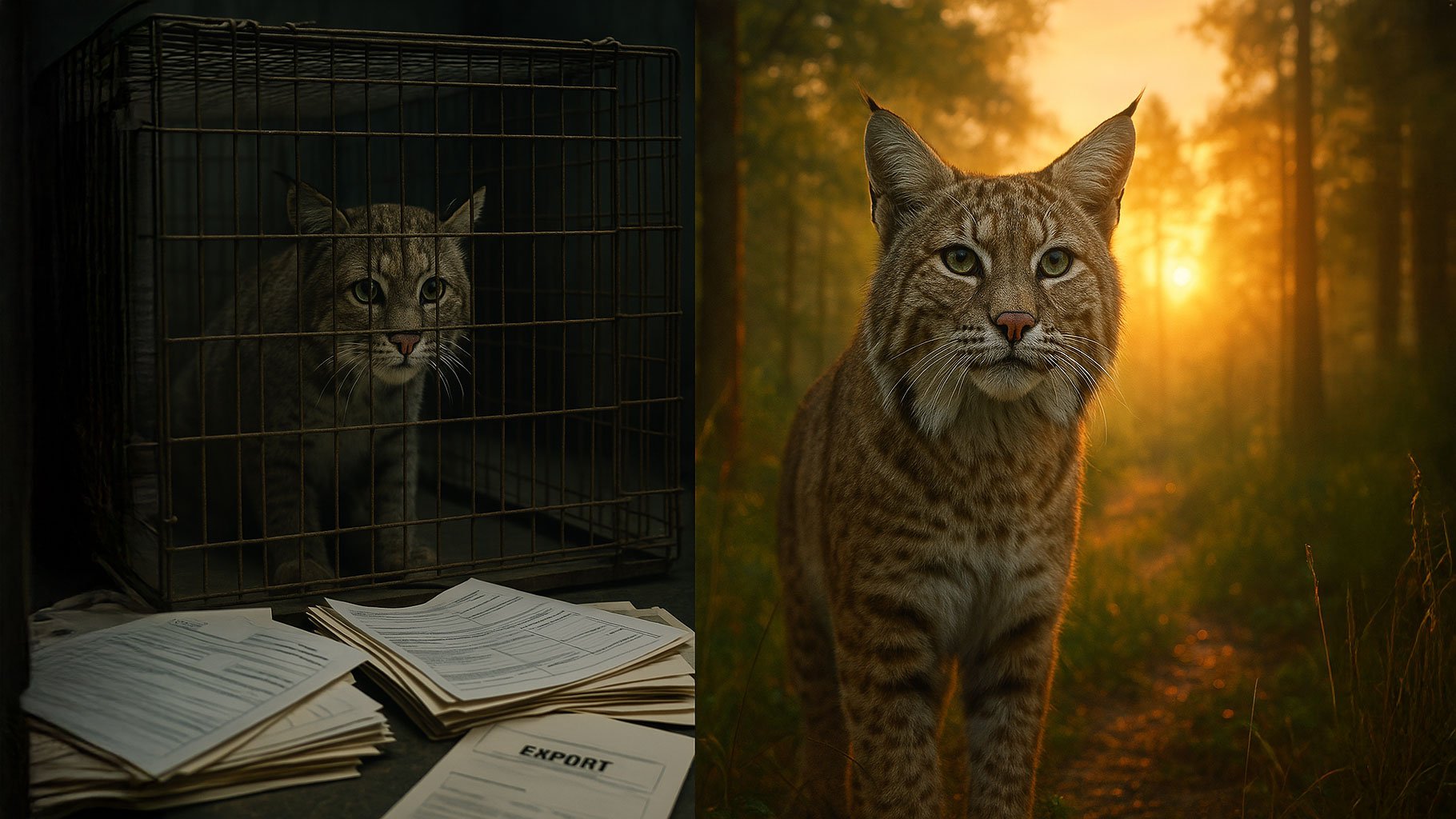Blondie’s Last Roar: The Lion Who Should Have Lived Forever
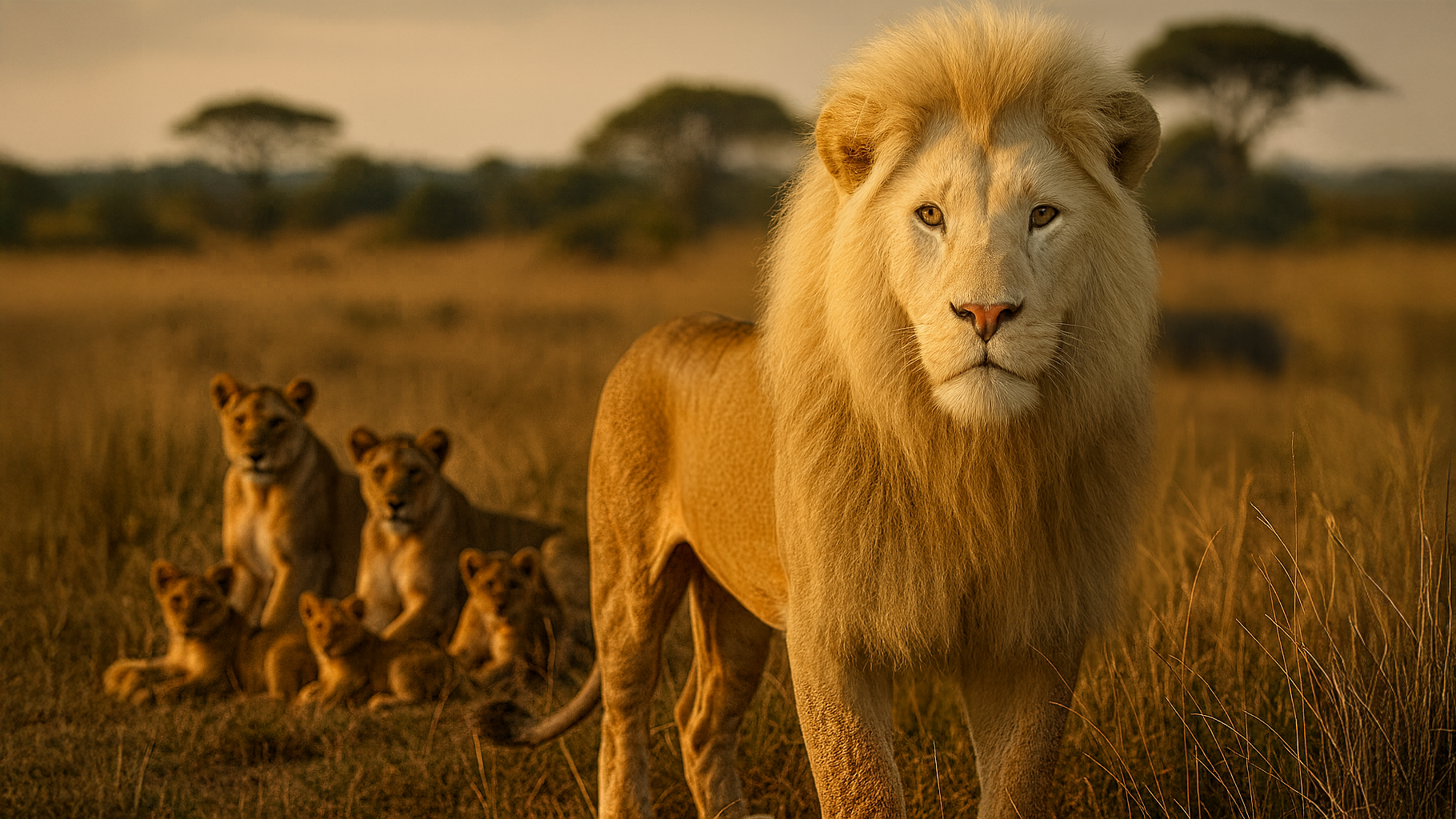
A majestic male African lion with a golden mane — “Blondie” — standing protectively in golden grasslands at the edge of Hwange National Park, his piercing amber eyes filled with strength and dignity. Behind him, three lionesses and playful cubs rest in the sun. In the distance, a shadowy hunting truck lurks at the edge of the frame, hinting at the danger beyond the park. Photorealistic, cinematic lighting, capturing both the beauty and vulnerability of wild lions.
In the golden heart of Zimbabwe’s Hwange National Park, there walked a king.
Not a ruler of men, but of the wild. His name was Blondie — a five-year-old lion in the prime of his life, wearing a mane kissed by the sun and a spirit untouched by fear. Blondie was more than just a lion; he was a father to ten cubs, protector of three lionesses, and a vital piece of a living, breathing ecosystem.
For months, Oxford University researchers had tracked Blondie with a GPS collar. He was part of a critical study to understand lion behavior and help protect his kind from the threats that have been driving their numbers into a dangerous decline. His presence meant stability for his pride — and hope for a species that has lost more than 80% of its population in just a few decades.
But hope can be fragile.
On a day in late June, Blondie’s world changed forever. From just beyond the invisible borders of his sanctuary, a truck pulled up. The air carried the sharp scent of meat — bait deliberately thrown to lure him away from the safety of the park. Step by step, Blondie followed his instincts, unaware that human cruelty lay in wait.
Moments later, the roar of a rifle split the air. Blondie, the pride’s guardian and symbol of wild majesty, collapsed.
The hunter knelt beside his body for a photograph — a hollow “trophy” of a life stolen — before posting it online and then hastily deleting it.
It was the same old, ugly story — another legendary lion, much like Cecil before him, killed for the amusement of someone who believed a gun and a wallet granted them the right to take what belongs to the world. The GPS collar meant nothing. The science meant nothing. His family meant nothing.
The argument in favor of trophy hunting claims it supports conservation and local communities. But the truth is far less noble: only about 3% of the millions earned ever reach the people who live alongside these animals. The rest vanishes into the pockets of hunting operators, brokers, and corrupt officials. And what’s lost? The stability of lion prides, the genetic health of populations, and the very soul of Africa’s wilderness.
When a prime male like Blondie is killed, rival males move in. Cubs are slaughtered to bring females back into breeding condition. Generations of natural balance unravel in weeks.
Blondie’s cubs will now grow up in a harsher world, one made more dangerous by human greed.
But his story does not have to end here.
Every person who reads this can help turn the tide — by refusing to support trophy hunting, by choosing ethical wildlife tourism like photo safaris, and by raising their voice for policies that protect big cats across Africa and the globe.
Blondie’s last roar is now ours to carry. Let it echo so loudly that no lion will ever again be lured to his death for sport.
Read more: https://www.boredpanda.com/legendary-lion-blondie-fatally-shot-by-trophy-hunters/ 2025
